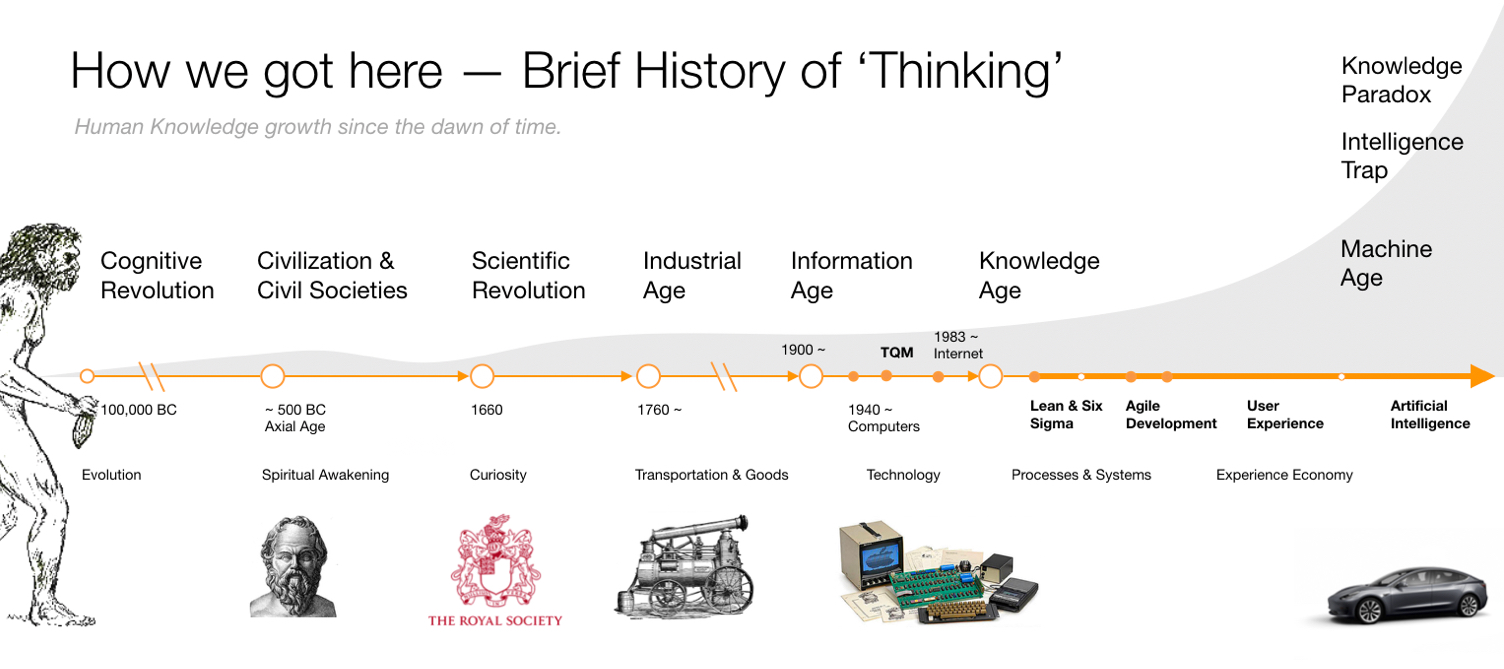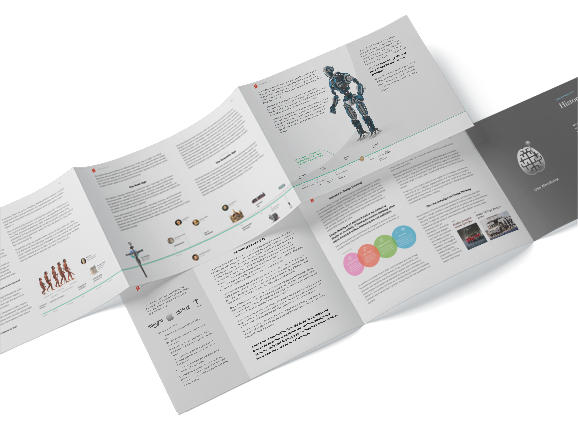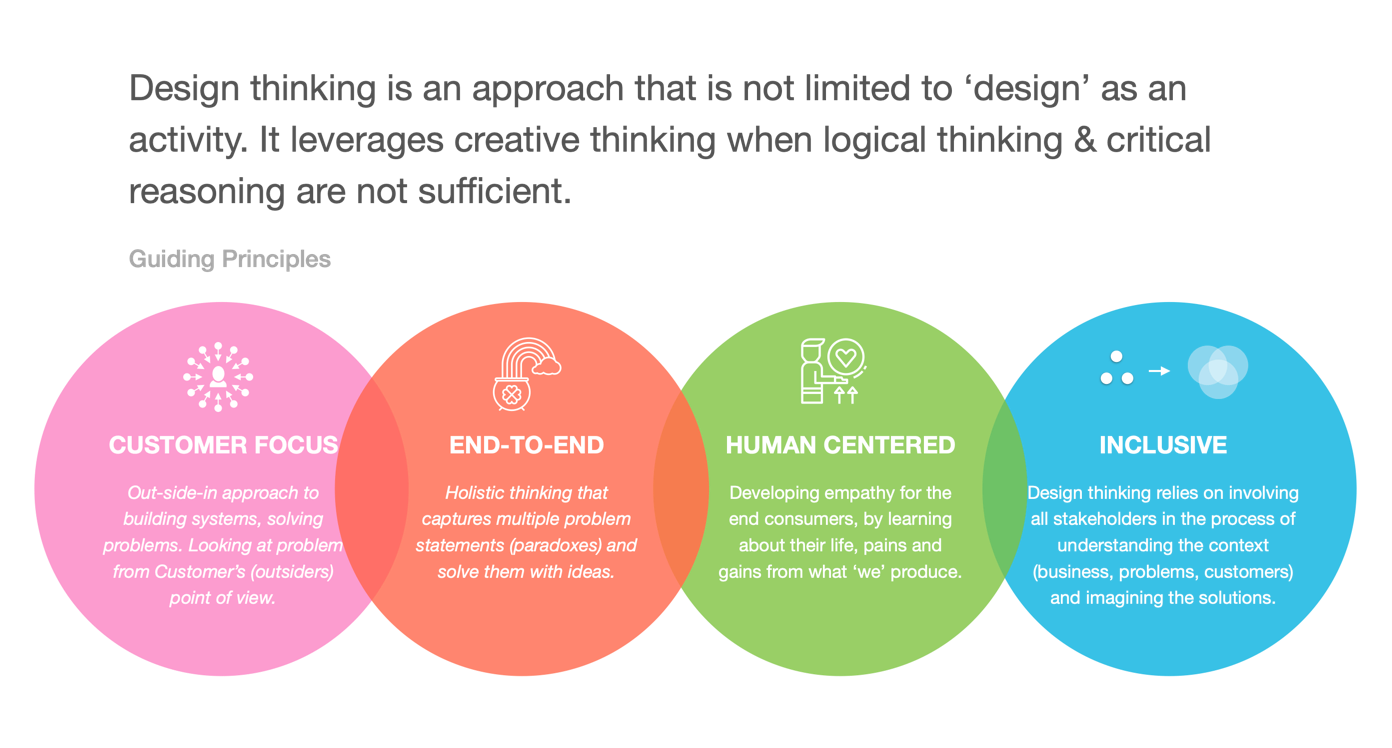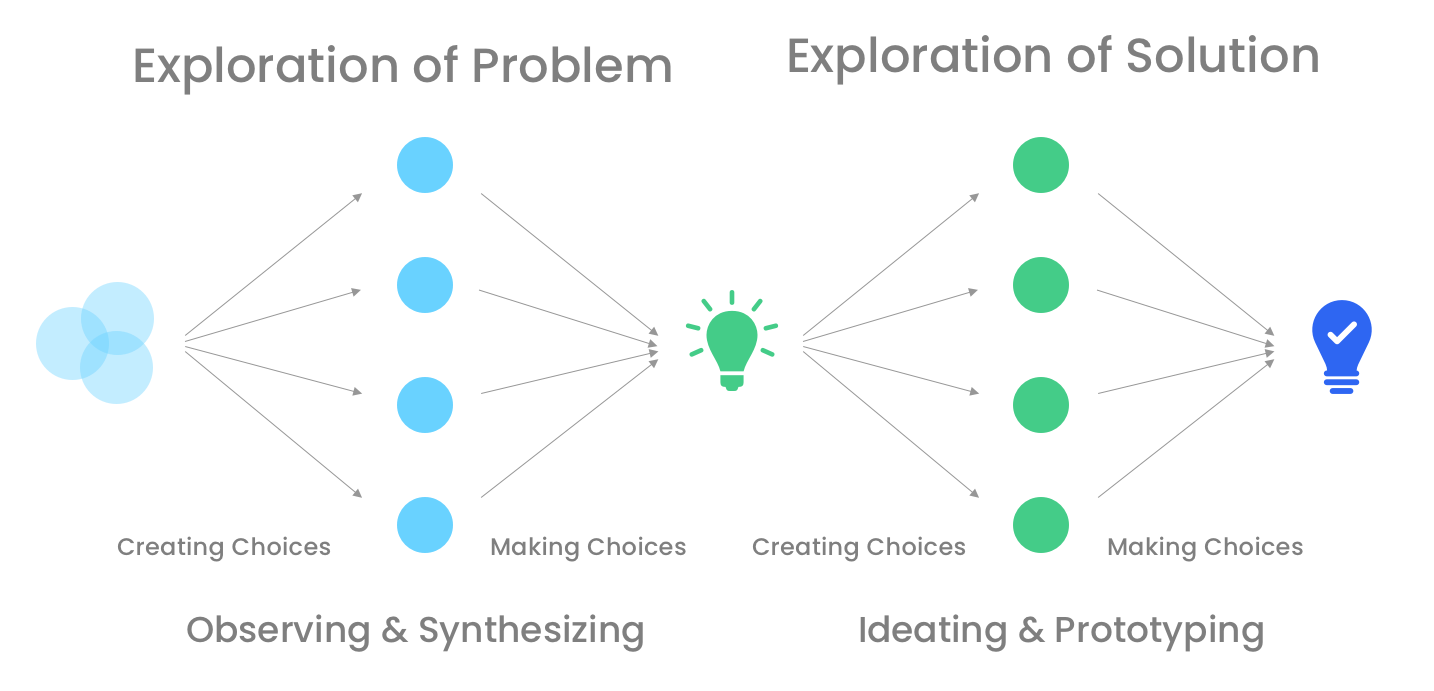The History of Thinking
I copy the picture below for us to contemplate our humble origin. How did we become unique species? What helped us not only survive but thrive? And how did we evolve from a measly animal existence to an intelligent and civilized group? And most profoundly, how did the same powers of thought that we acquired bring us to the brink of self-destruction?

Homo sapiens made an impression for first time around 100,000 years ago. (This date is debatable, but don’t let that occupy your mind). Point being—we made the evolutionary journey from primitive animal to an intelligent species, while many other human species could not. We were just one among so many human species but none could survive but our own Homo sapiens.
Looking at the timelines, one would not have guessed that humans would be the survivors. We were tiny and weak; we used to walk on two hind legs; we could never swim, fly or even climb trees very well; we were not physically efficient. Every other mammal that wanted to travel long distances or climb elevation used all four legs. We had a large head over our shoulders that made us a product of poor ergonomics.
One must pause and wonder—what was in our favor despite all the structural incompetencies?
Anthropology, neurosciences, historians, and evolutionary biologists are working out the details, but the most agreed upon theory is that Homo-Sapiens evolved due to a genetic mutation around 100,000 years ago that gave rise to the phenomenon we now know as the ‘cognitive revolution’.
The cognitive revolution is a vast topic. In short, this genetic mutation helped us to be creative, solve problems, build societies, and decrease interpersonal conflicts. Where other comparable animal species could not build a group larger than 50 (gorillas/chimps) or 150 (Neanderthals), Homo sapiens could attain a much larger group.
This makes me wonder, how did Homo sapiens do that?
Yuval Noah Harari, the author of Sapiens, theorizes that Homo sapiens could build a large community because of their [1]. This was purely driven from the creative brain that we had which no one else possessed (or so we arrogantly want to believe 🙂
Now consider the ingenuity and creativity of the human mind—in those days, in the jungle, the biggest threat to any community-forming ambition was the threat from a few stronger members from within. Powerful individuals wanted all the possessions for themselves (especially female counterparts). Evolutionary science tells us that every animal’s self-interest is to [2], even at times by killing others from same species [3].
To establish sanity, our ancestors came up with the most creative story of all time that has survived until today—invention of an invisible man who lives in the clouds, watches everyone, and is interested in humans’ personal lives. Those who are poor and weak are his favorite… (you know where this is going). And those who hurt others will be dealt with after death. You get the point.
The stories were pure invention of creative mind. There was no logic, no critical reasoning, and no scientific proof to argue otherwise. This cognitive ability helped us form a much larger group, tame others, and defend threats from other animals. As a result we survived and caused most of the other species to go extinct, some of them in direct result of our survival instincts.
The Axial Age
Karl Jaspers, a German philosopher, coined the term “Axial Age.” His theory is that around 800 – 300 BCE we, the humans, began developing intellectually. We delved in the business of philosophy, logic, science, languages, and art movements. This happened randomly across the globe and was the genesis of city-states, civil societies, and inventions that our ancient parents are credited for because of their hard work and ingenuity.
This is what happened across the world—Socrates, Aristotle, and Pluto (known as GG3 – Greek Gang of Three) walked in Greece, but Buddha and Confucius roamed across the Indian and Chinese part of the globe. The Persians and Egyptians had their own intellectual gigs as well. All of this led to a huge era where humans organized themselves with states, religions, and inventions to build sustainable societies.
This development took humans under the command and control of very few. Religion provided us with organizing principles but at the cost of suppress our intellectual growth. The Religion made humans blindly follow norms, completely ignoring the fact, truth, curiosity, and personal freedom with which we were born. Religion systematically suppressed human ability to think holistically. For example, earth was considered the center of the universe until not very long ago, and the first generation of geeks (Galileo Galilei and Nicolaus Copernicus) were humiliated and tortured when they put forth scientific methods that suggested otherwise.
This all continued until the 16th century, when a few people in England came together to establish a society we know today as the Royal Society of London.
The Scientific Age
The Royal Society of London was established to seek patronage and protections from aristocrats to help propel independent thinking and scientific research. One of the key individuals who helped shaped this society was a boy called Isaac Newton (1643 – 1727AD). He learned the fate of Copernicus and Galileo and realized that in order to bring his scientific discoveries to the world, he had to sidestep Pope, Christianity, and teachings of Bible. Under the patronage of Royal Society Newton brought the scientific knowledge to the world.
The formation of the Royal Society (founded 1660 AD) was probably the single most significant event in human history after the Axial Age. Our modern scientific progress and quality of life today is greatly due to the Royal Society of London. (Sir Isaac Newton was the president of the Royal Society from 1703 – 1727).
This led to the Industrial Age, the Information Age, and now the Technology and Machine Age. We, the intelligent species, have invented scientific means to conquer diseases, create better infrastructures, and invent technologies that are an inseparable part of our lives.
Because of this development, we have traveled far more, consumed more, read more, and learned more than we otherwise would have been able to. Technology has done wonders. Not only can we travel farther, but we can go in the water and fly through the sky much more efficiently than any other species has ever exhibited.
That was all due to the powers of Homo sapiens’ minds and thinking abilities—we started with creativity and developed great methods of logical thinking and critical reasoning (i.e. science). From philosophy to science to modern technology, we have come a long, long way.
This begs the question: **Why then do we face problems so dire that they threaten our own extinction?** Climate crisis, population explosion, global conflicts, tribal politics, nuclear arms, computers, and cyber threats… the list goes on. How did we solve all the basic problems only to get into much bigger problems?




 There are many stories about great ideas that changed the world as are result of design thinking. Steve Jobs’s iPhone is the most popular one. At the time, no one wanted a touch screen; touch screens were considered poor technology. Past experiments had shown no need for such things, and worst of all, well-articulated users wanted the feel of the physical keyboard. Now everything is history, including the company that pioneered the smart phone revolution (hint: Blackberry). Just consider that the power of thinking through design and creativity that helped Apple was the exact ingredient missing from the now dead Berry Fruit Company.
There are many stories about great ideas that changed the world as are result of design thinking. Steve Jobs’s iPhone is the most popular one. At the time, no one wanted a touch screen; touch screens were considered poor technology. Past experiments had shown no need for such things, and worst of all, well-articulated users wanted the feel of the physical keyboard. Now everything is history, including the company that pioneered the smart phone revolution (hint: Blackberry). Just consider that the power of thinking through design and creativity that helped Apple was the exact ingredient missing from the now dead Berry Fruit Company.


Posted By
pradyot
Categories
Organizational Change, Philosophical, Tips & Tricks, Trend, Uncategorized